Home / jammu-kashmir / Jammu & Kashmir's First Assembly Session in Six Ye
Jammu & Kashmir's First Assembly Session in Six Ye
By: My India Times
4 minutes read 38Updated At: 2024-11-07

After a long hiatus of six years, Jammu and Kashmir is gearing up for its first Assembly session on November 4, 2024, since the region was downgraded from a State to a Union Territory (UT). This session is poised to be a landmark event, with all eyes on two key developments: Lieutenant Governor Manoj Sinha's address and the National Conference's (NC) likely resolution on the controversial Article 370.
A New Chapter in J&K’s Political Landscape
The Assembly session, which marks a significant political milestone, is taking place in a highly charged atmosphere following the scrapping of Article 370 in 2019. For many residents of the region, this session represents both hope and uncertainty about the future. The National Conference, led by Chief Minister Omar Abdullah, is expected to table a resolution on Article 370, a move that could potentially shake the political foundation of the Union Territory.
“This is not just another Assembly session. It’s a moment of reckoning for the people of Jammu and Kashmir. We’ve seen a lot of changes over the years, and now, with the return of the Assembly, we hope the voices of our people will be heard once again,†said Tariq Ahmad, a local resident from Srinagar, reflecting on the changing political landscape.
The Significance of Omar Abdullah’s Leadership
The National Conference’s meeting with alliance partners, including Congress MLAs, in Srinagar on Sunday evening was an important step in shaping a united approach. The gathering, chaired by Omar Abdullah, is seen as an effort to consolidate the political forces and develop a strategy to address the public’s aspirations, particularly around the sensitive issue of Article 370.
For Abdullah, this session is not just about politics; it’s about regaining the trust of the people. "We are here to represent the concerns and hopes of the people of Jammu and Kashmir. The aspirations of our youth, our farmers, and our communities must guide our discussions and resolutions,†Abdullah said after the meeting.
People’s Expectations: A Glimpse into the Hearts of J&K’s Residents
For many Kashmiris, the political climate has been fraught with tension and uncertainty in the wake of the 2019 decision. Shazia, a teacher from Srinagar, believes that the Assembly session offers a platform to address the pressing issues that affect daily lives. “Our region has seen so much change, but I feel like our voices have been lost in the noise. The resolution on Article 370 is important, but it’s equally important to discuss employment, education, and healthcare for the people,†Shazia said.
On the other hand, for farmers like Mohammad Akhtar from Jammu, the session holds particular significance. "We need the government to focus on the economy and the future of agriculture here. The political resolutions are important, but we need real solutions that can improve our livelihoods," he shared.
The Tension Surrounding Article 370
At the heart of this Assembly session is the ongoing debate over Article 370, which granted special status to Jammu and Kashmir. The NC, which has been a vocal opponent of the revocation of the Article, is expected to present a resolution that seeks to challenge the move. While this could fuel further political debates, many residents view it as an essential step toward asserting the region’s identity and political autonomy.
“Article 370 is a part of our history. But for many of us, it’s not just about politics. It’s about the sense of belonging and being recognized as a unique region with its own culture and heritage,†said Amina, a student from Jammu, adding a personal dimension to the political discourse.
A Watchful Nation: The L-G’s Address
While the political maneuvering of the National Conference will capture attention, much of the focus will also be on Lieutenant Governor Manoj Sinha’s address at the opening of the session. His words will set the tone for the government’s agenda and offer a glimpse into the future of Jammu and Kashmir post-Article 370.
“I am keen to hear how the government plans to address our concerns,†said Bilal, a local entrepreneur. “Will they focus on development, job creation, or will it be more about the political rhetoric? We need solutions that will improve our lives on the ground.â€
A Historic Day for Jammu and Kashmir
This Assembly session marks more than just a return to normalcy for Jammu and Kashmir. It represents the ongoing struggle between political autonomy and integration, as well as the hopes and dreams of a diverse and resilient population. For many in the region, it is a chance to finally make their voices heard, a chance to move forward in the face of significant political change.
As the session unfolds, one thing is certain: the eyes of Jammu and Kashmir, and indeed the nation, will be firmly focused on what happens next, and how the resolutions and discussions will shape the future of this unique region.
....After a long hiatus of six years, Jammu and Kashmir is gearing up for its first Assembly session on November 4, 2024, since the region was downgraded from a State to a Union Territory (UT). This session is poised to be a landmark event, with all eyes on two key developments: Lieutenant Governor Manoj Sinha's address and the National Conference's (NC) likely resolution on the controversial Article 370.
A New Chapter in J&K’s Political Landscape
The Assembly session, which marks a significant political milestone, is taking place in a highly charged atmosphere following the scrapping of Article 370 in 2019. For many residents of the region, this session represents both hope and uncertainty about the future. The National Conference, led by Chief Minister Omar Abdullah, is expected to table a resolution on Article 370, a move that could potentially shake the political foundation of the Union Territory.
“This is not just another Assembly session. It’s a moment of reckoning for the people of Jammu and Kashmir. We’ve seen a lot of changes over the years, and now, with the return of the Assembly, we hope the voices of our people will be heard once again,†said Tariq Ahmad, a local resident from Srinagar, reflecting on the changing political landscape.
The Significance of Omar Abdullah’s Leadership
The National Conference’s meeting with alliance partners, including Congress MLAs, in Srinagar on Sunday evening was an important step in shaping a united approach. The gathering, chaired by Omar Abdullah, is seen as an effort to consolidate the political forces and develop a strategy to address the public’s aspirations, particularly around the sensitive issue of Article 370.
For Abdullah, this session is not just about politics; it’s about regaining the trust of the people. "We are here to represent the concerns and hopes of the people of Jammu and Kashmir. The aspirations of our youth, our farmers, and our communities must guide our discussions and resolutions,†Abdullah said after the meeting.
People’s Expectations: A Glimpse into the Hearts of J&K’s Residents
For many Kashmiris, the political climate has been fraught with tension and uncertainty in the wake of the 2019 decision. Shazia, a teacher from Srinagar, believes that the Assembly session offers a platform to address the pressing issues that affect daily lives. “Our region has seen so much change, but I feel like our voices have been lost in the noise. The resolution on Article 370 is important, but it’s equally important to discuss employment, education, and healthcare for the people,†Shazia said.
On the other hand, for farmers like Mohammad Akhtar from Jammu, the session holds particular significance. "We need the government to focus on the economy and the future of agriculture here. The political resolutions are important, but we need real solutions that can improve our livelihoods," he shared.
The Tension Surrounding Article 370
At the heart of this Assembly session is the ongoing debate over Article 370, which granted special status to Jammu and Kashmir. The NC, which has been a vocal opponent of the revocation of the Article, is expected to present a resolution that seeks to challenge the move. While this could fuel further political debates, many residents view it as an essential step toward asserting the region’s identity and political autonomy.
“Article 370 is a part of our history. But for many of us, it’s not just about politics. It’s about the sense of belonging and being recognized as a unique region with its own culture and heritage,†said Amina, a student from Jammu, adding a personal dimension to the political discourse.
A Watchful Nation: The L-G’s Address
While the political maneuvering of the National Conference will capture attention, much of the focus will also be on Lieutenant Governor Manoj Sinha’s address at the opening of the session. His words will set the tone for the government’s agenda and offer a glimpse into the future of Jammu and Kashmir post-Article 370.
“I am keen to hear how the government plans to address our concerns,†said Bilal, a local entrepreneur. “Will they focus on development, job creation, or will it be more about the political rhetoric? We need solutions that will improve our lives on the ground.â€
A Historic Day for Jammu and Kashmir
This Assembly session marks more than just a return to normalcy for Jammu and Kashmir. It represents the ongoing struggle between political autonomy and integration, as well as the hopes and dreams of a diverse and resilient population. For many in the region, it is a chance to finally make their voices heard, a chance to move forward in the face of significant political change.
As the session unfolds, one thing is certain: the eyes of Jammu and Kashmir, and indeed the nation, will be firmly focused on what happens next, and how the resolutions and discussions will shape the future of this unique region.
By: My India Times
Updated At: 2024-11-07
Tags: jammu-kashmir News | My India Times News | Trending News | Travel News
Join our WhatsApp Channel



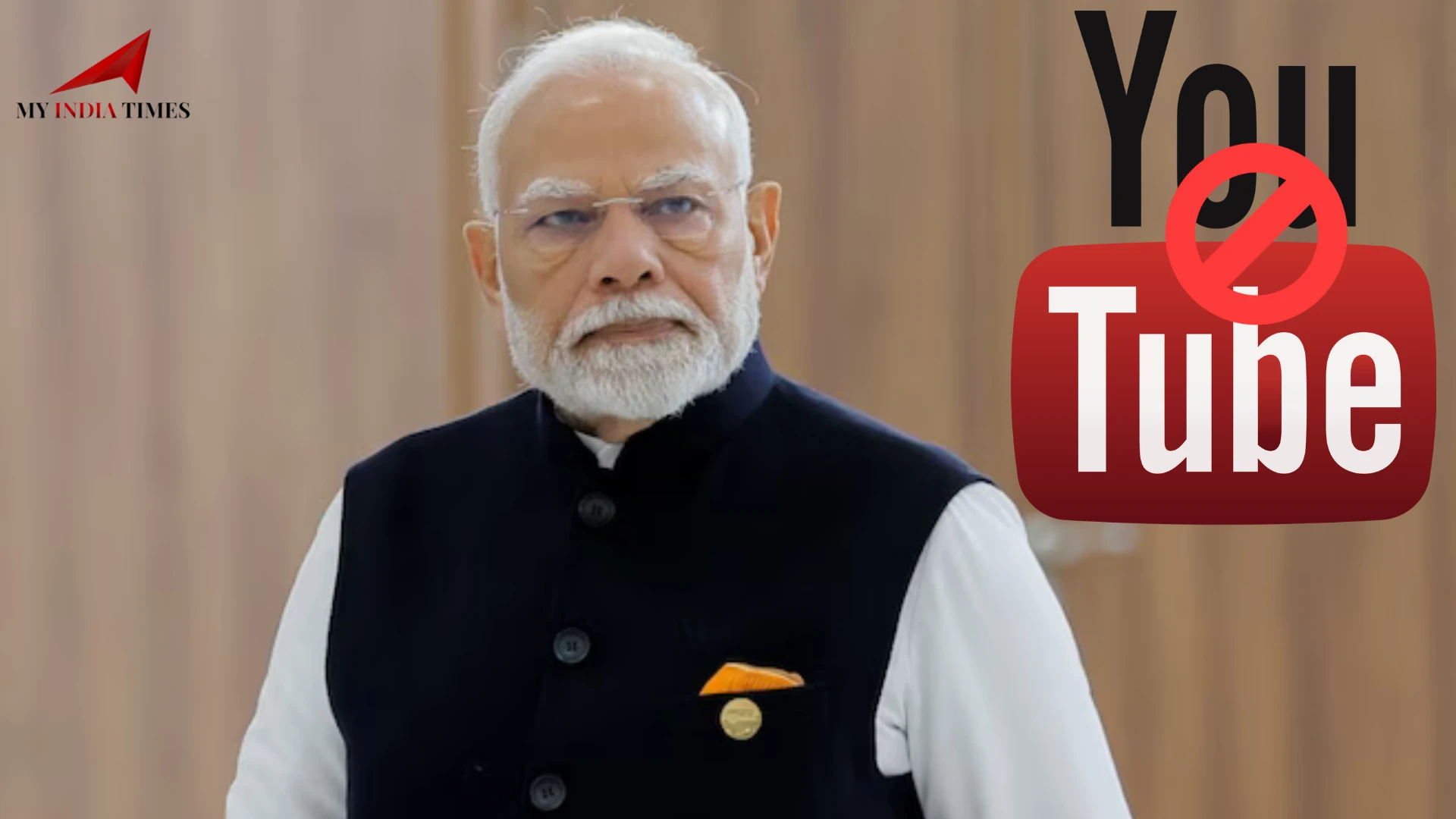
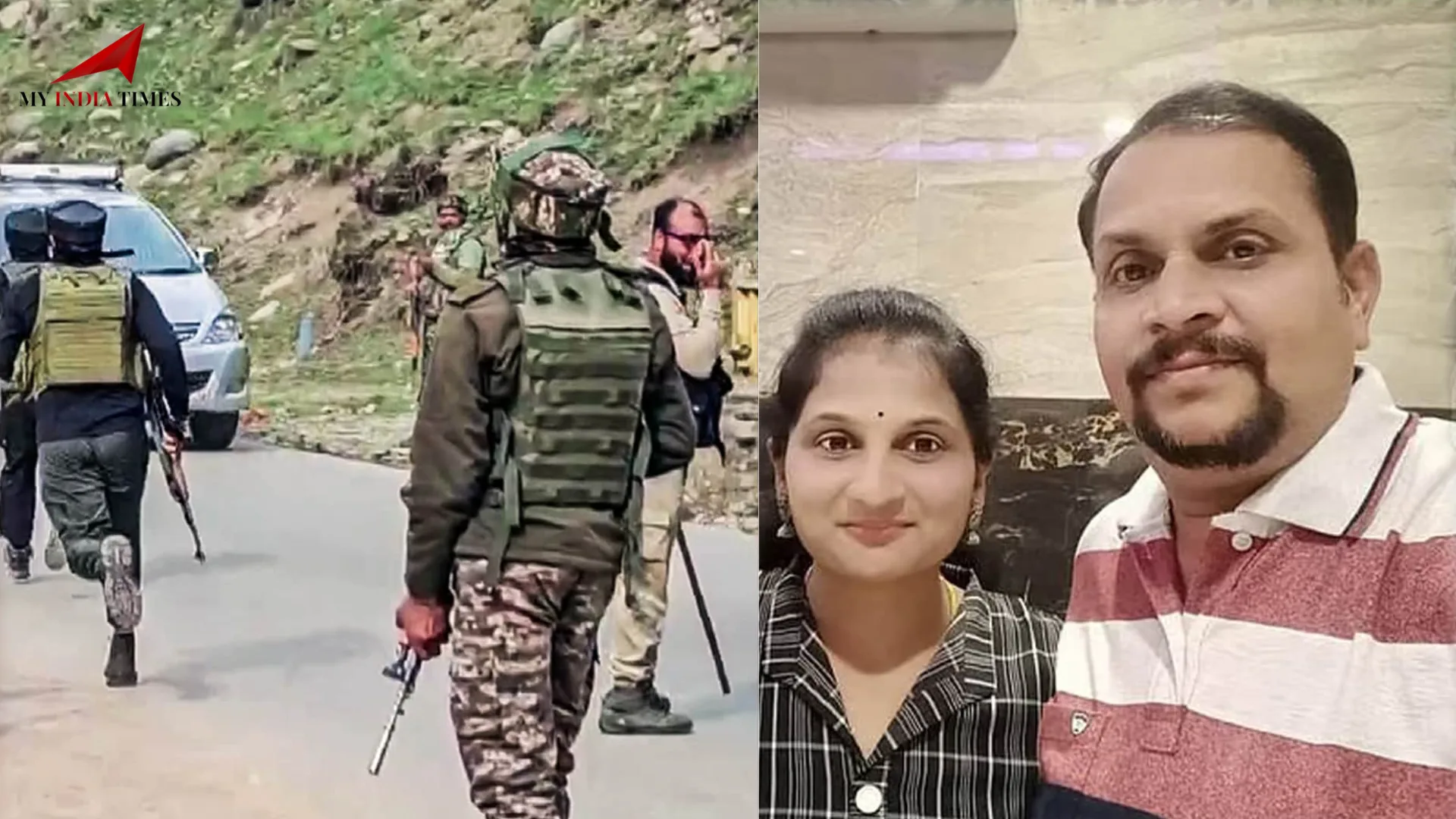
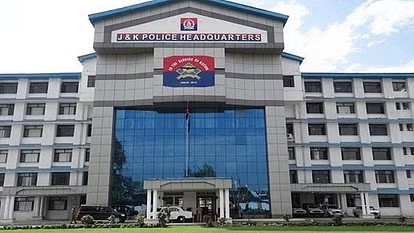
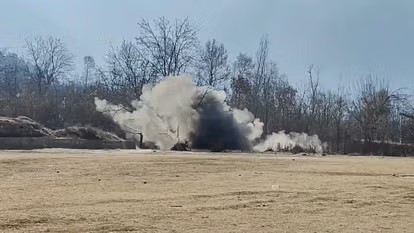
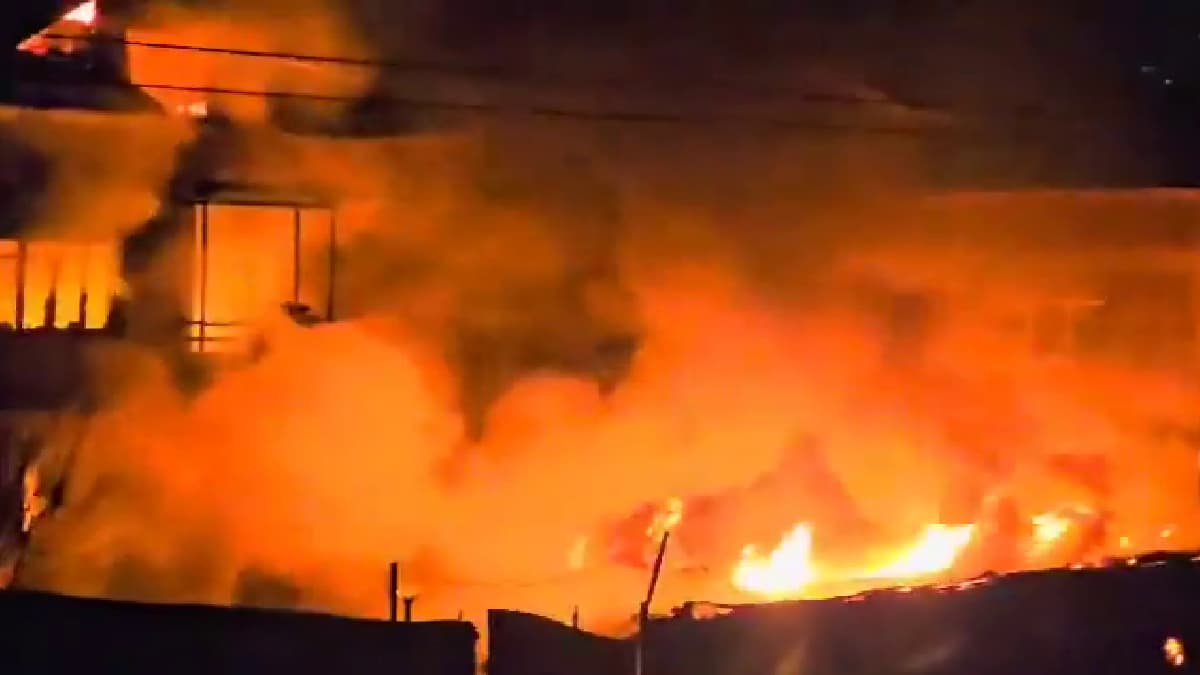
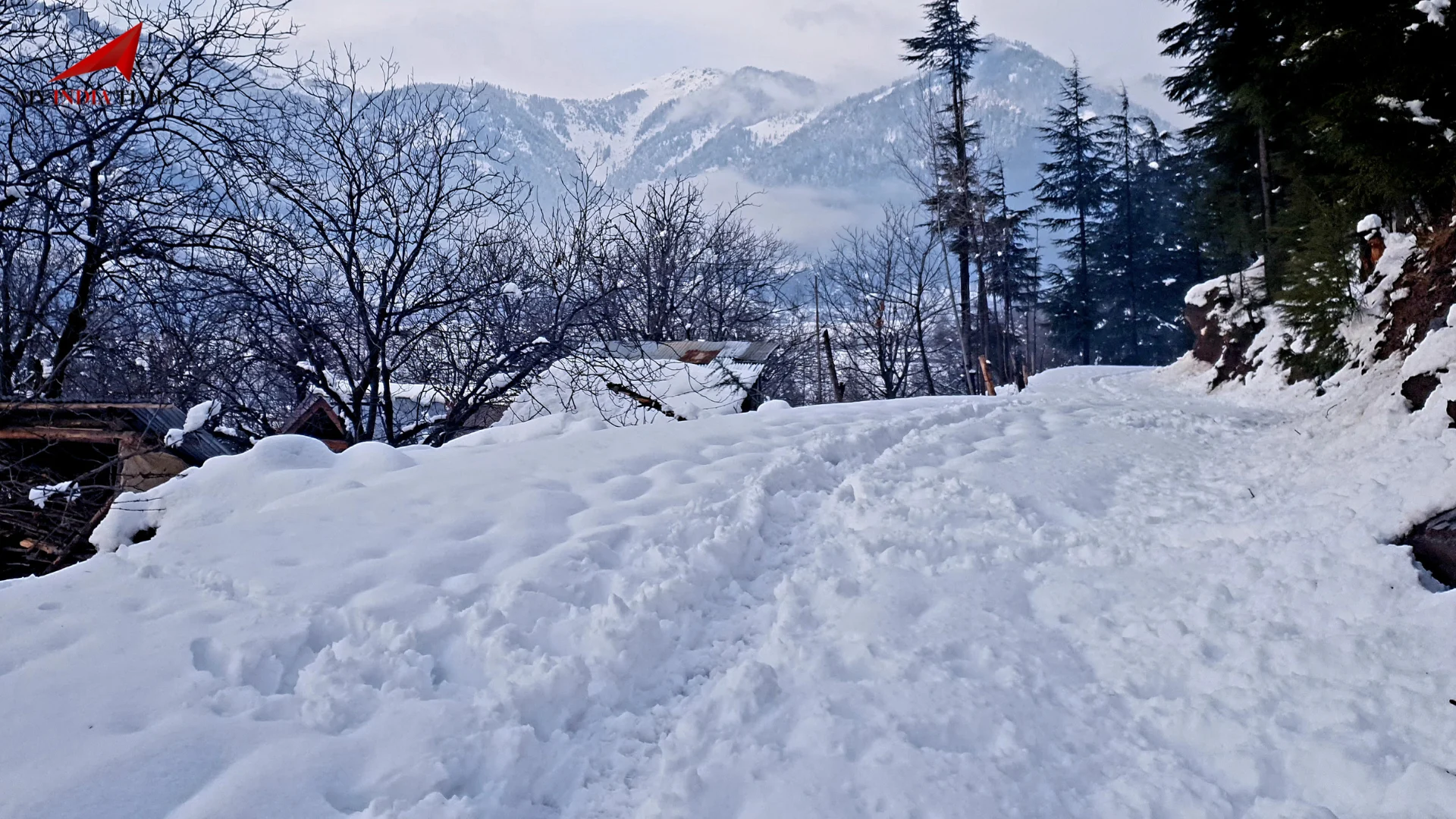
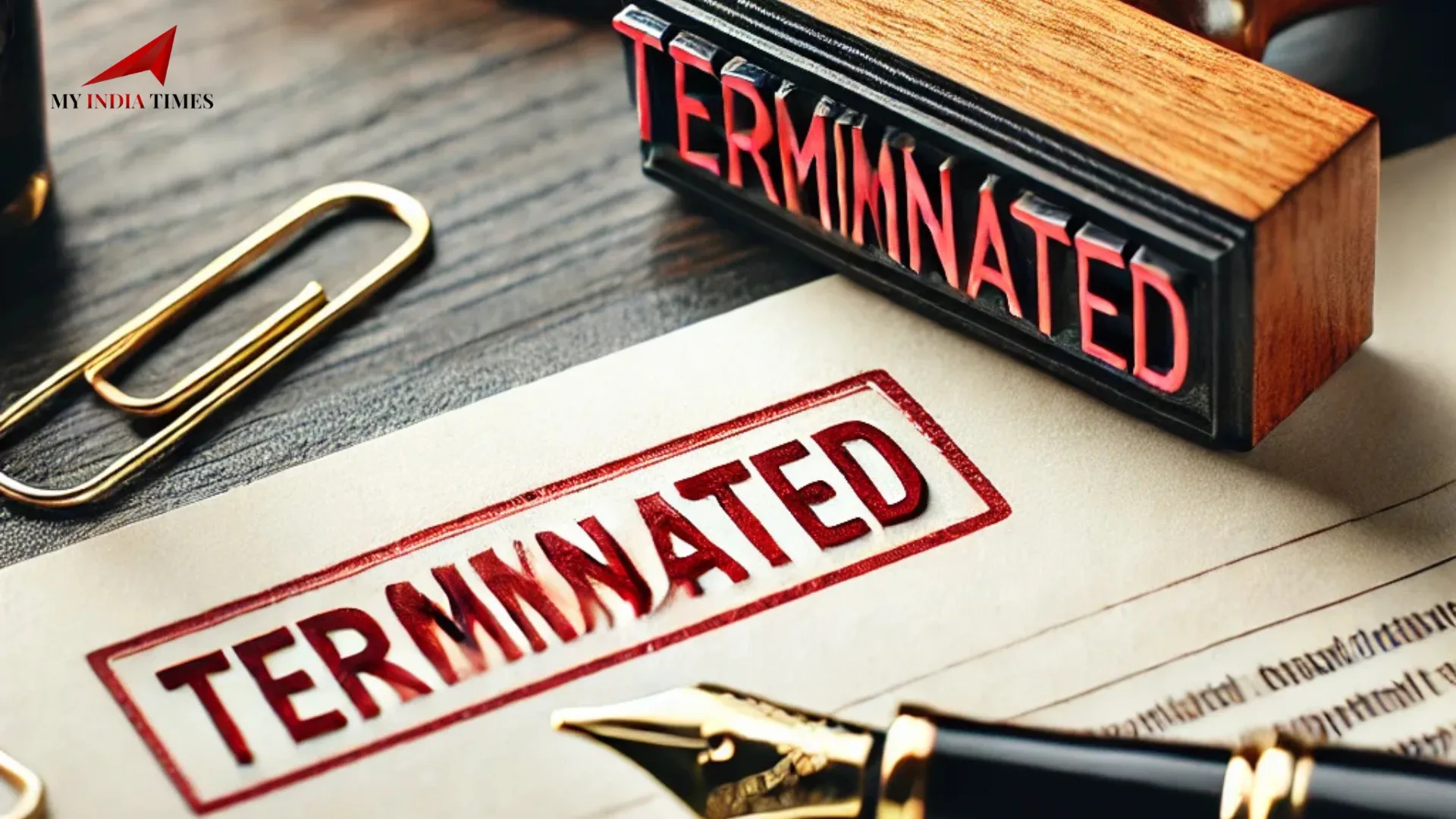
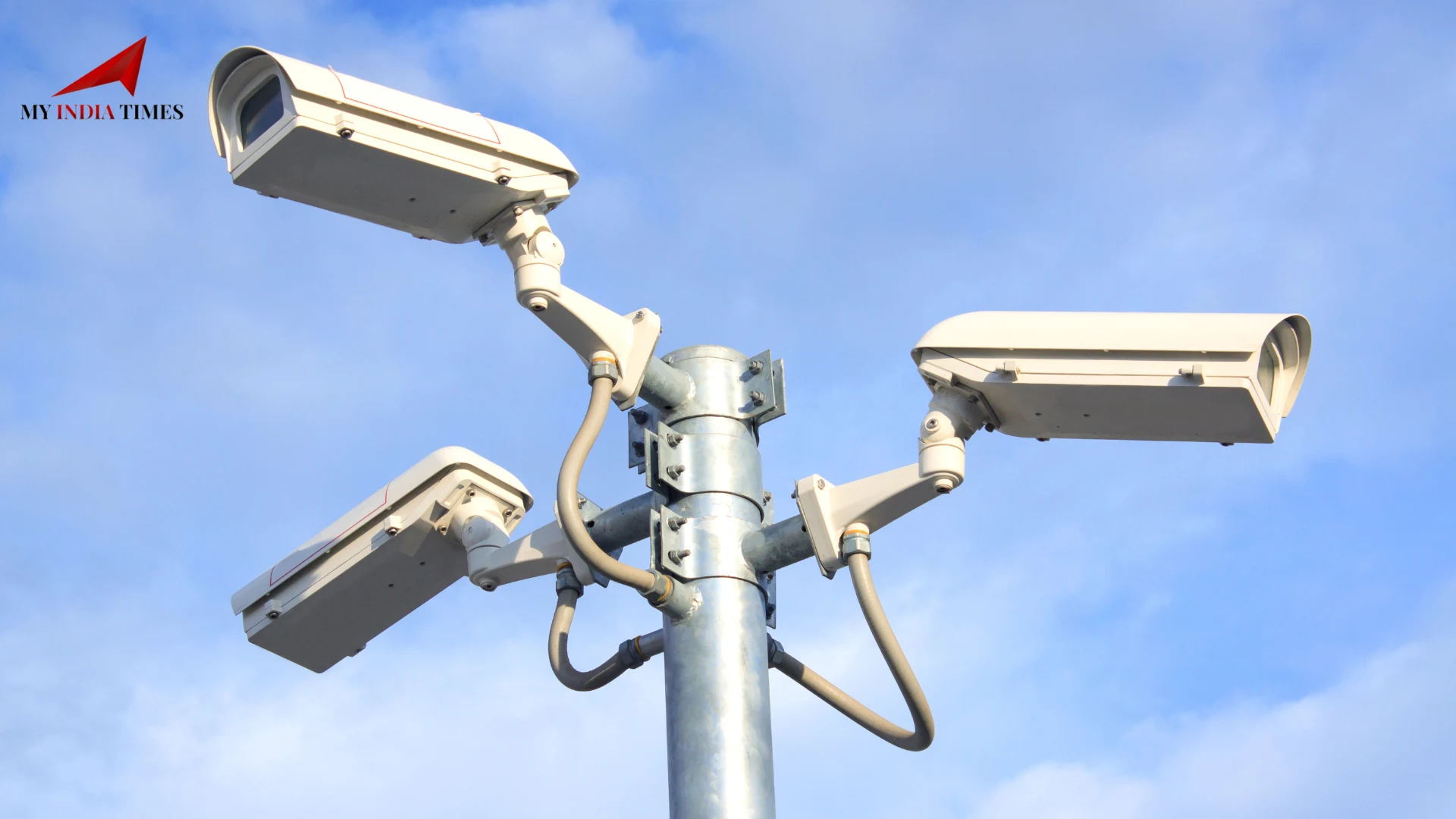

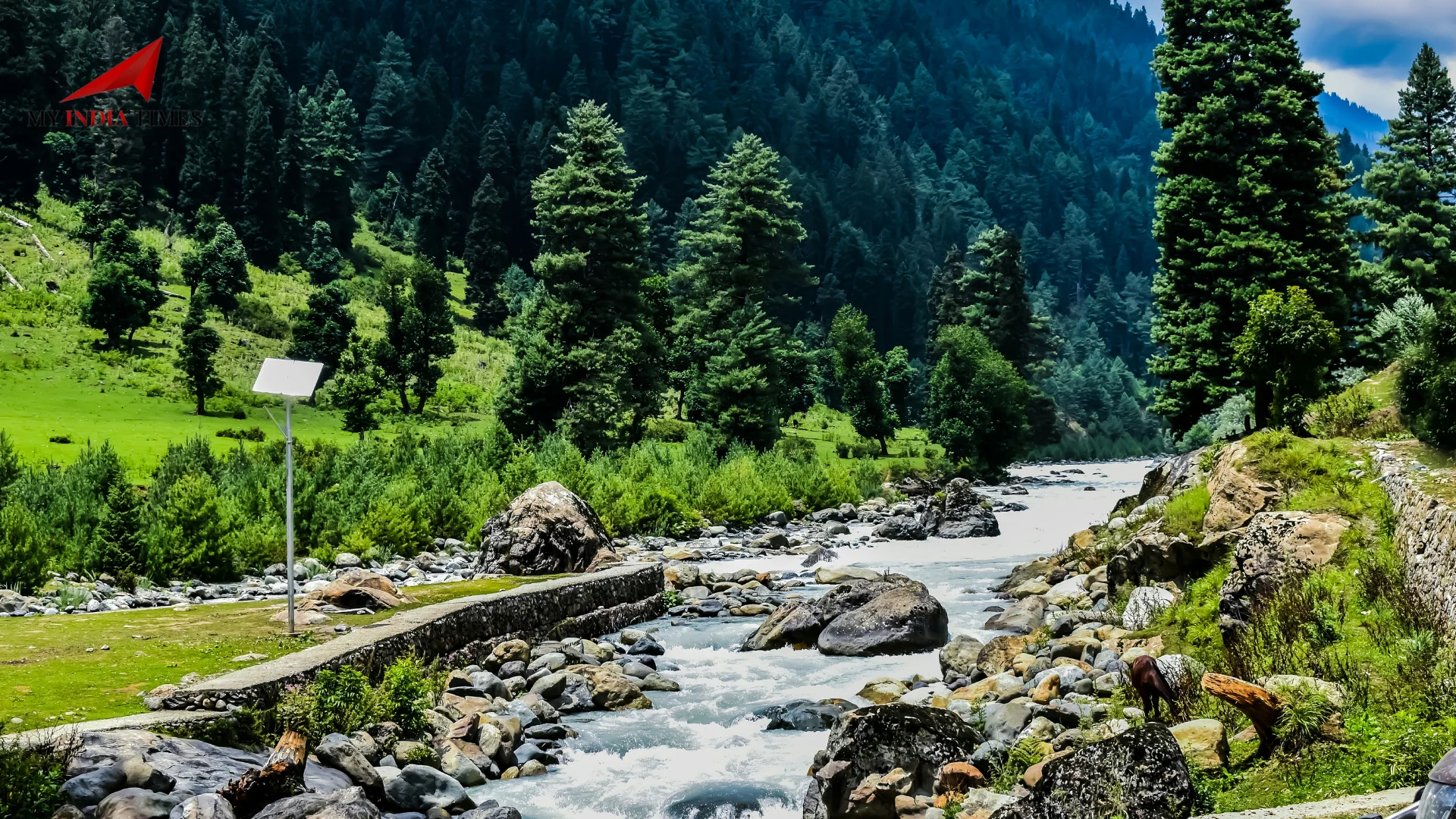
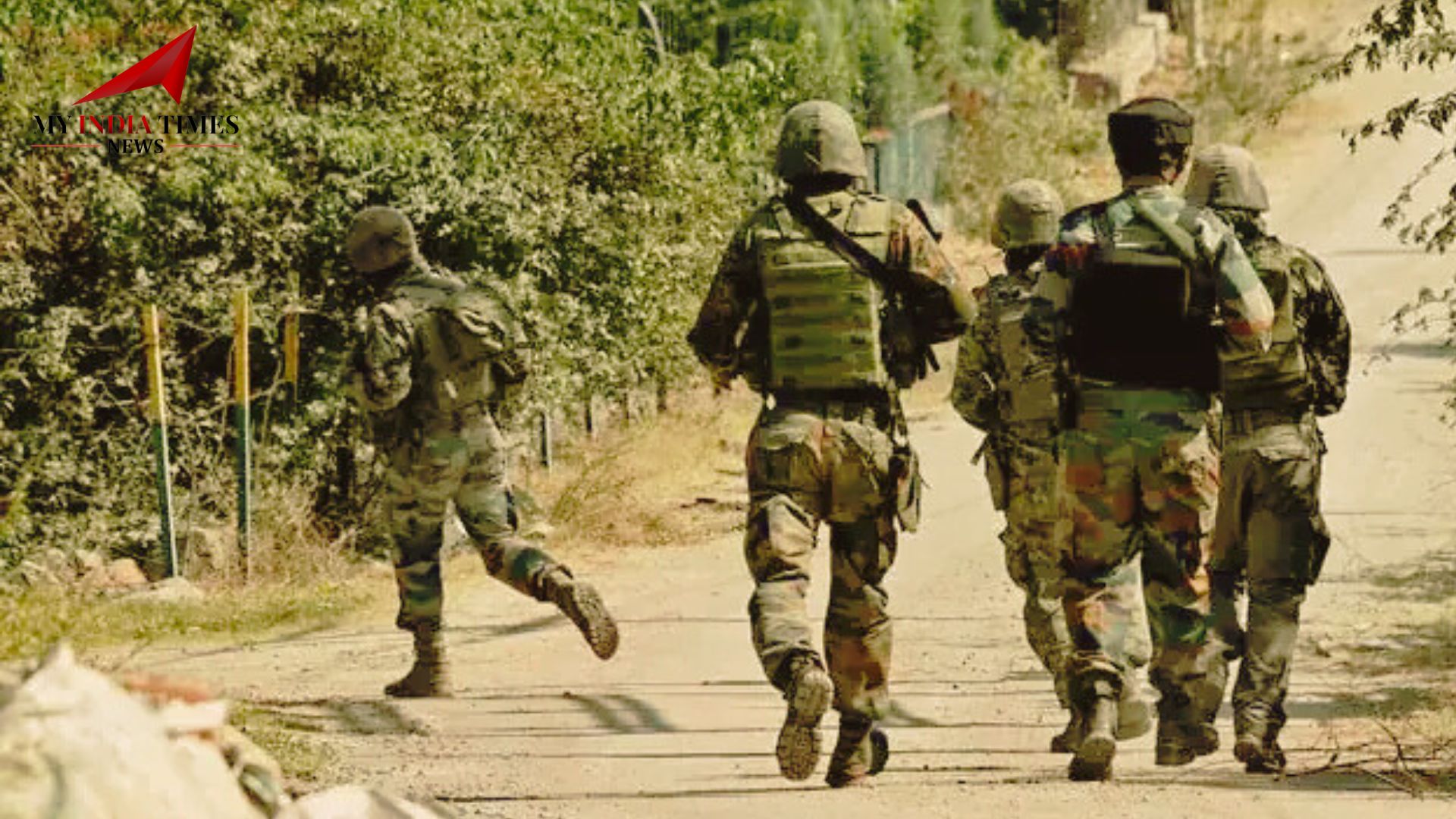
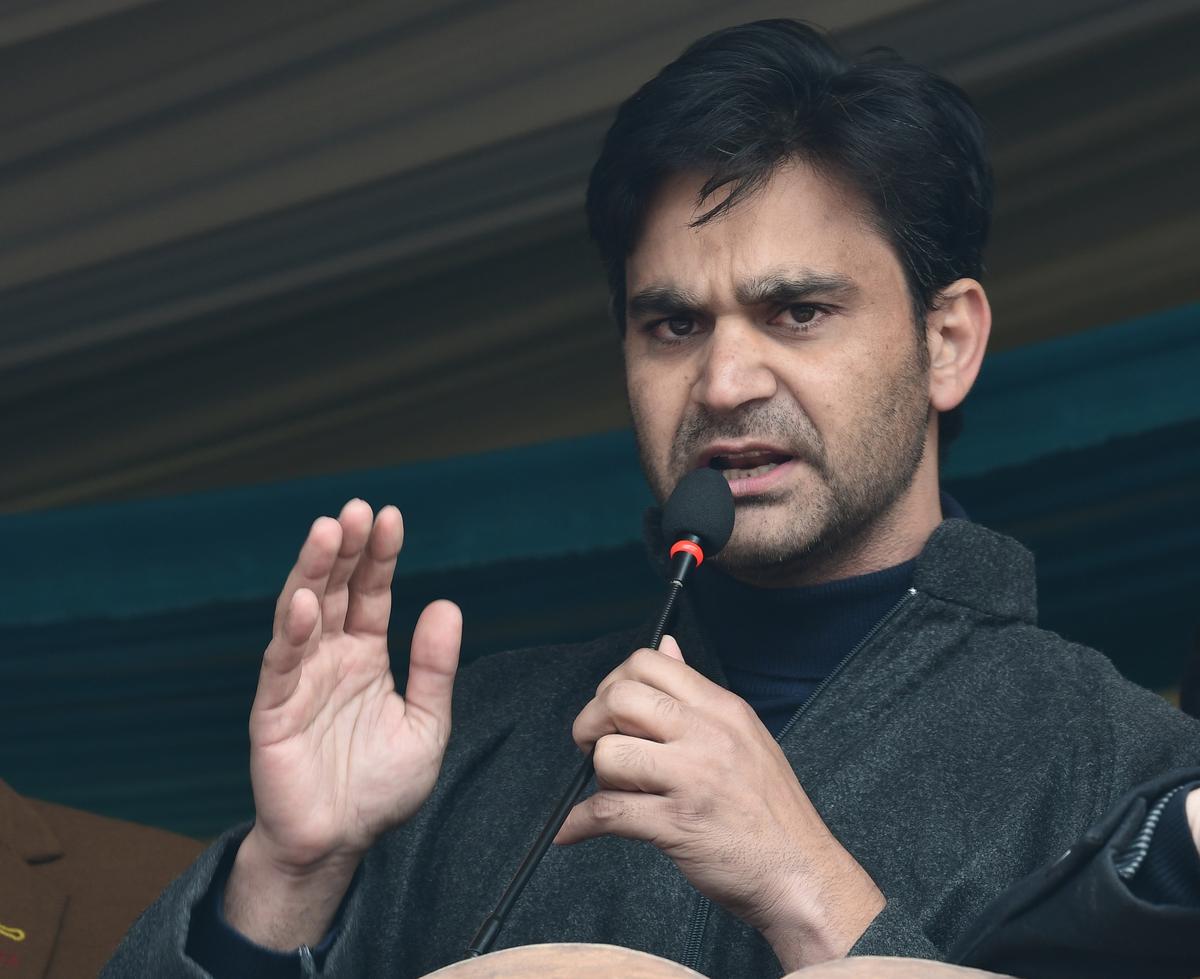

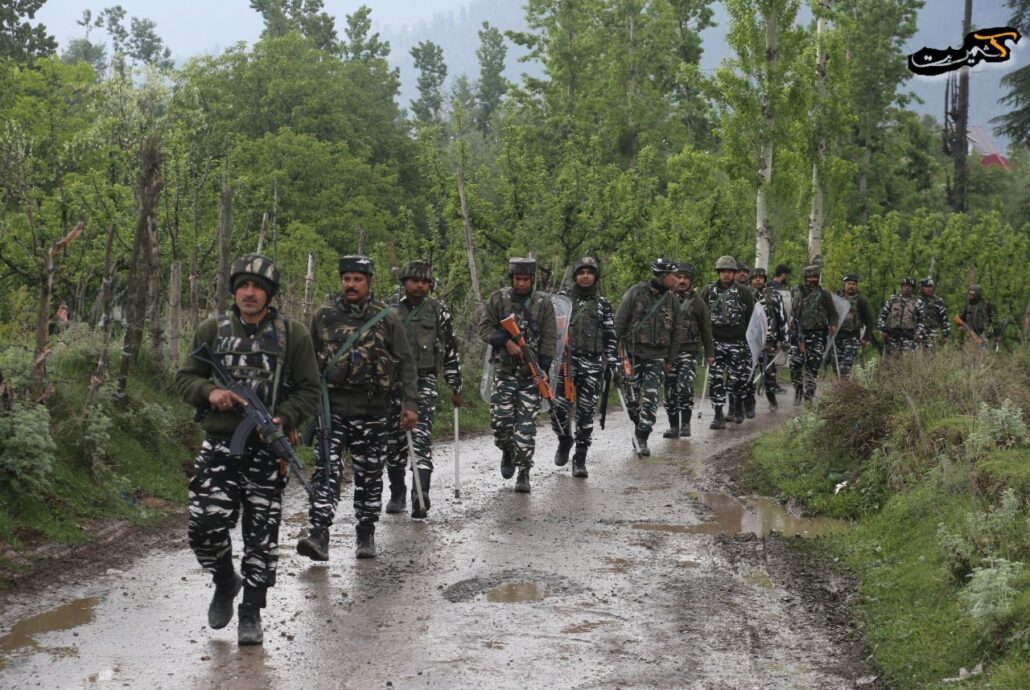
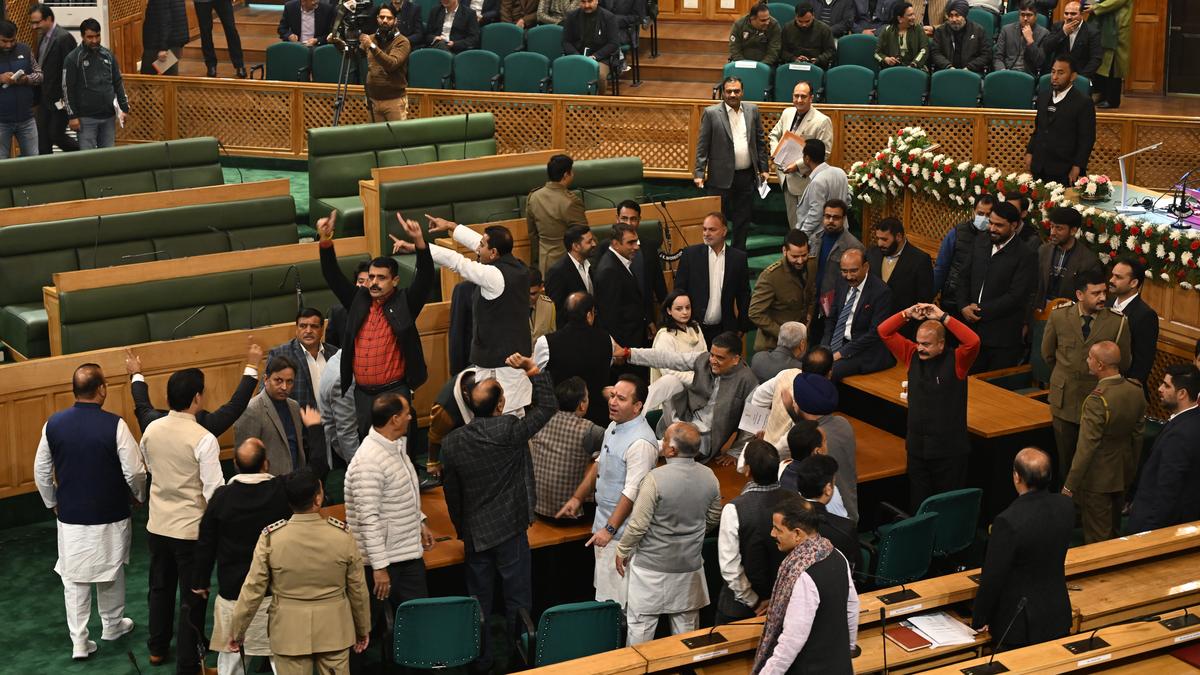
























































































.png)
 (1).png)























